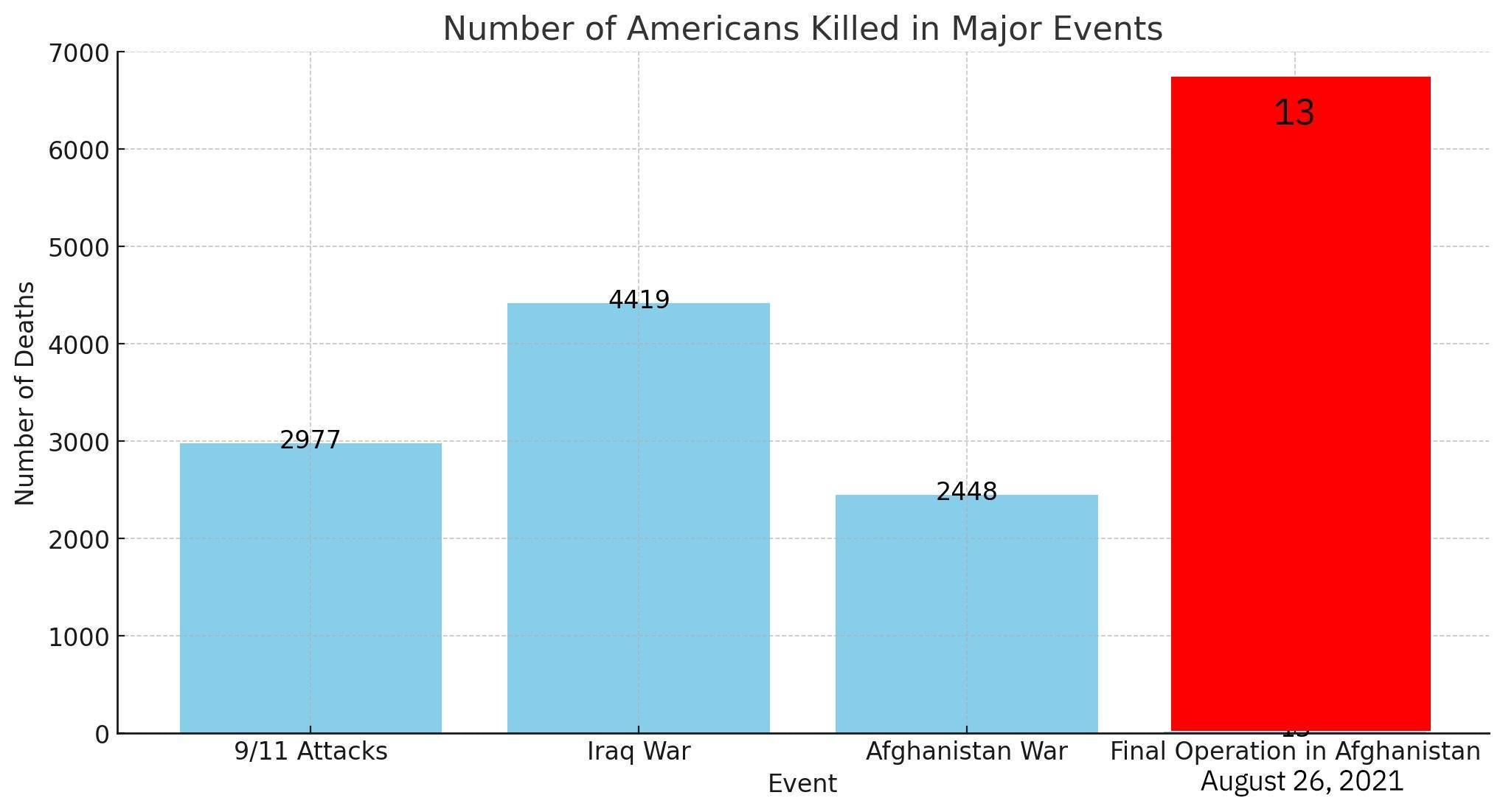Columbine, CO — Dresden Bufton, 45, is preparing for his annual September ritual: obsessing over 9/11 all over again. He’s sitting at his kitchen table, which is buried in yellowing newspaper clippings about that day, his TV blaring the endless cable news replays like they’ve somehow uncovered new footage in the last 23 years.
“I remember it like it was yesterday,” he says, staring at a headline with the urgency of someone who’s clearly done this before. “I had my coffee in my Peet’s mug—Major Dickason’s blend—and my blue velour robe. I watched the towers fall, right there on my couch.”
Bufton has held onto that memory with an iron grip, like millions of others, marking each September by revisiting the trauma in vivid detail. But ask him about the aftermath—the 71,000 Afghan civilians who were killed in the War on Terror—and suddenly, things get a little fuzzy.
“I’ve never heard that number before,” Bufton says, scrunching up his face like you just told him the Earth is flat. “It’s probably exaggerated, right? We were there to help, to liberate them. Why would we kill the people we were trying to save?”
Bufton, now living in Columbine, Colorado, moved here after 9/11 and did what many patriotic Americans did—he joined the effort, in his own way, by building drones for defense contractors. “I wanted to do my part,” he says, eyes now drifting toward the kitchen clock as if waiting for the interview to be over. “I thought it’d keep us safe.”
Fast forward to 2024, and a new wave of outrage is bubbling up, thanks in no small part to former President Donald Trump’s campaign, which is making sure nobody forgets the 13 U.S. soldiers who died during Biden’s 2021 Afghanistan withdrawal. If it feels like this story has been dusted off at a convenient time, well, that’s because it has.
13 Lives vs. 71,000: Priorities Are Clear
It’s the kind of thing that fits neatly into a soundbite: “Biden botched the pullout! We lost 13 brave men and women!” And sure, that’s tragic, no one’s arguing that. But let’s not kid ourselves—it’s not the first time American soldiers have died during a military operation, and certainly not the first time we’ve left chaos in our wake.

What’s interesting, though, is how no one’s really losing sleep over the 71,000 Afghan civilians who didn’t make it through those 20 years of war. They died from drone strikes, bombings, and random atrocities by CIA-funded militias. There’s even some leftover unexploded ordnance just waiting to go off like sad little reminders of America’s extended visit. But we’re not hearing too much about that from the Trump crowd.
“I guess I should feel bad about all that, but I don’t really,” Bufton admits, his hands idly playing with one of the clippings. “It’s not something that impacts our lives like 9/11 did. And I don’t know anyone who talks about it.”
And there it is: the tragicomic punchline. If you were wondering whether the value of a life might depend on which side of the globe it was lived, well, Bufton’s sort of ambivalent about it.
“I mean, is an American life worth more than an Afghan life? Probably not,” he says, shrugging. “But it’s not something I like to think about.”
Political Convenience
What Bufton is thinking about, though, is those 13 soldiers—and so are a lot of Americans, thanks to the familiar faces of outrage who show up like clockwork whenever there’s an election around the corner. The deaths of those soldiers have become the perfect symbol for everything wrong with Biden’s handling of the pullout, conveniently ignoring the fact that Trump’s administration negotiated the deal that led to the withdrawal in the first place.
For Trump, it’s a simple calculus: 13 dead Americans = Biden’s fault. It’s an easy sell, and who’s counting the 71,000 dead Afghans? Not many voters, that’s for sure. It’s far easier to get riled up over a neat, round number like 13—especially when it fits into a campaign speech.
“It’s tragic, what happened to those soldiers,” Bufton says, nodding solemnly. “We should have done better. But the civilians? I don’t know. It’s war, right? Things happen.”
If this sounds like the kind of selective memory politicians love to exploit, it’s because it is. The same Brown University study that reported 71,000 civilian deaths also found Afghanistan has been left in shambles: poverty, malnutrition, unexploded bombs, and all the other greatest hits of a war that went on for way too long. But, once again, that’s not something that’ll make headlines.
Instead, it’s the 13 American lives that get the spotlight, giving politicians like Trump the perfect opportunity to lean into voters’ amnesia. After all, why focus on the entire two-decade disaster when you can just talk about the last 24 hours of it?
Outrage with a Short Shelf Life
It’s funny how these things play out. Every year around this time, people like Dresden Bufton pull out their clippings, rewatch the footage, and remember how 9/11 changed everything. However, They don’t seem too interested in what came after, at least not in the way that matters.
“I just remember the planes,” Bufton says, staring off into the distance. “Everything after that? It’s hard to keep track. Except for those soldiers in 2021. I mean, that’s just a mess.”
The truth is, for many Americans, 9/11 will always be more accurate than the Afghan civilians whose lives were lost in the years that followed. And for politicians, outrage is a tool to be sharpened when convenient, pointed directly at the headlines that will stir the strongest emotions—and, conveniently, the fewest follow-up questions.
So, as another September 11th rolls around, brace yourselves for more selective fury, more 13-soldier soundbites, and a deafening silence about the rest. Because when it comes to politics, it’s not about what we remember. It’s about what we choose to forget.


